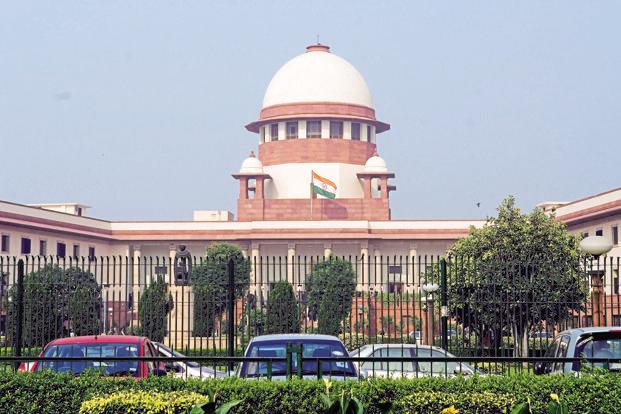SC curbs BCCI's fiscal powers, asks Lodha panel to fix limit on transactions

dynamitenews.com
New Delhi/ 21 October 2016. The Supreme Court on Friday directed the Board of Control for Cricket in India (BCCI) not to release funds until the state associations file an affidavit implementing recommendations of Justice (Retd.) R.M. Lodha-led panel.
Issuing the direction, the apex court said the state cricket associations cannot get any money from the national cricket body till the time they follow the Lodha committee's recommendations.
The top court also asked the Lodha panel to appoint an independent auditor to scrutinise BCCI's accounts and also to fix a limit on the financial transactions of the cricket board.
BCCI president Anurag Thakur and secretary Ajay Shirke have also been asked to file a compliance report affidavit within two weeks regarding the implementation of the cricket reforms suggested by the apex-court appointed panel.
The Lodha panel would also fix a limit on the monetary value of contracts, which the BCCI can enter into, with a condition that all contracts above this limit would be approved by the panel.
The court will next hear the matter next on December 5. The BCCI president has been asked to personally appear before the apex court during the next hearing.
The order is likely to affect the award of contract for the Indian Premier League (IPL) and other tournaments as the apex court empowers the Lodha panel to fix a ceiling.
The Supreme Court would also apprise International Cricket Council (ICC) chairman Shashank Manohar of its orders.
The Lodha panel recommended, among other things, age and tenure restrictions for top officials as well as banning them from serving successive terms.
In its October 1 Special General Meeting, the BCCI had accepted many of the "significant recommendations" of the Lodha Committee. However, it excluded the important ones which have been the bone of contention between the cricket body and the Lodha panel.
The recommendations, which have still not been accepted by the 30-member committee, include one-state one-vote, age limit of 70 years, cooling-off period of three years which included the tenure of the administrators, continue with the five-selectors and keeping to retaining the powers of the president and secretary as per the earlier constitution of the board. (ANI)
 Dynamite News
Dynamite News